The Indigenous voice to parliament needs a fresh start away from Canberra
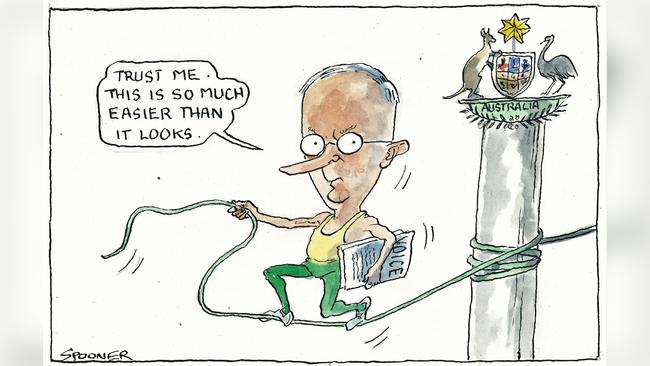
The final vote in the House of Representatives was 121 in favour with 25 opposed, and the final Senate vote was 52 in favour and 19 opposed.
This is a significant milestone on the journey to a more reconciled Australia as the debate now moves away from Canberra and out to the cities and regions, where each of us will get to vote on the proposal later this year.
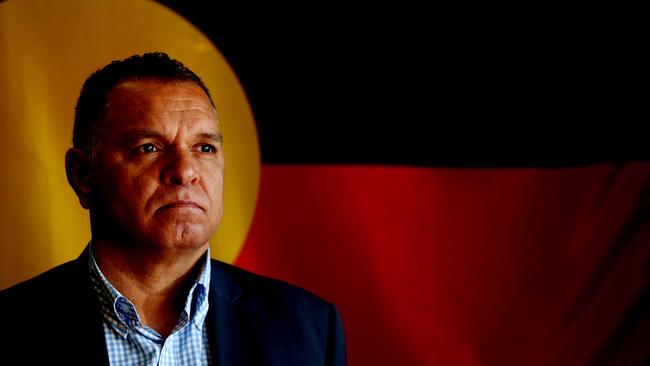
In 2007, John Howard committed to recognising Aboriginal and Torres Strait Islander people in the Constitution. A decade later, we expressed the way we would like to be recognised: we asked to be recognised through the creation of a new body that would give voice to our people.
We did not ask for a veto over legislation. We did not ask for a third chamber. We simply asked for a say over the matters that affected us, so governments could make better and more informed decisions and our lives would improve as a result.
Given that the Constitution gives the parliament power to make special laws for Aboriginal and Torres Strait Islander people, it is only fair that the Constitution also ensures our people’s voices can be heard before such laws are made. It is now up to the Australian people to examine the parliament’s proposal and hopefully agree to it.
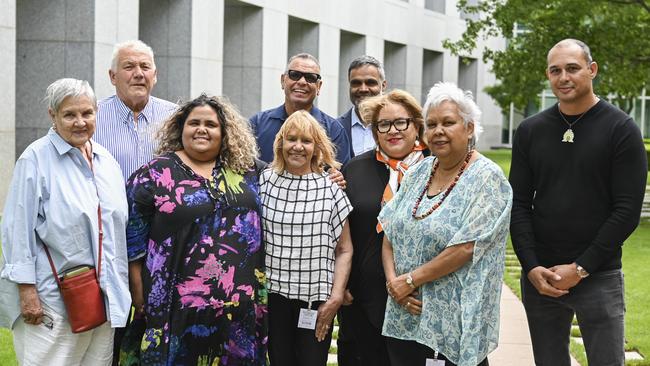
As the co-convener of the Liberals for Yes campaign, I believe there is a place for liberals and conservatives in this final stage of the journey to recognition. By voting Yes, you will be voting to ensure the future is different from the past.
Understanding the past can be difficult to comprehend because every experience is different, so I will speak only of my own. I grew up in a foster home on the old Brewarrina Mission in western NSW, and my life’s work has been dedicated to empowering other Indigenous people to step up and take responsibility, and for governments to loosen the control they have over our lives.
This is the exact philosophy espoused by the Liberal Party. To me, voting Yes for recognition through a voice will be the ultimate expression of empowerment. It will acknowledge the desire for our people to be accountable to ourselves and our communities, and to our fellow Australians who voted Yes and put their faith in us.
If you are undecided or are contemplating voting No, then I put two questions to you.
First, what is the alternative? What is the alternative to recognition through a voice, especially when Indigenous people have been clear about the way we would like to be recognised. What is the alternative to improving people’s lives?
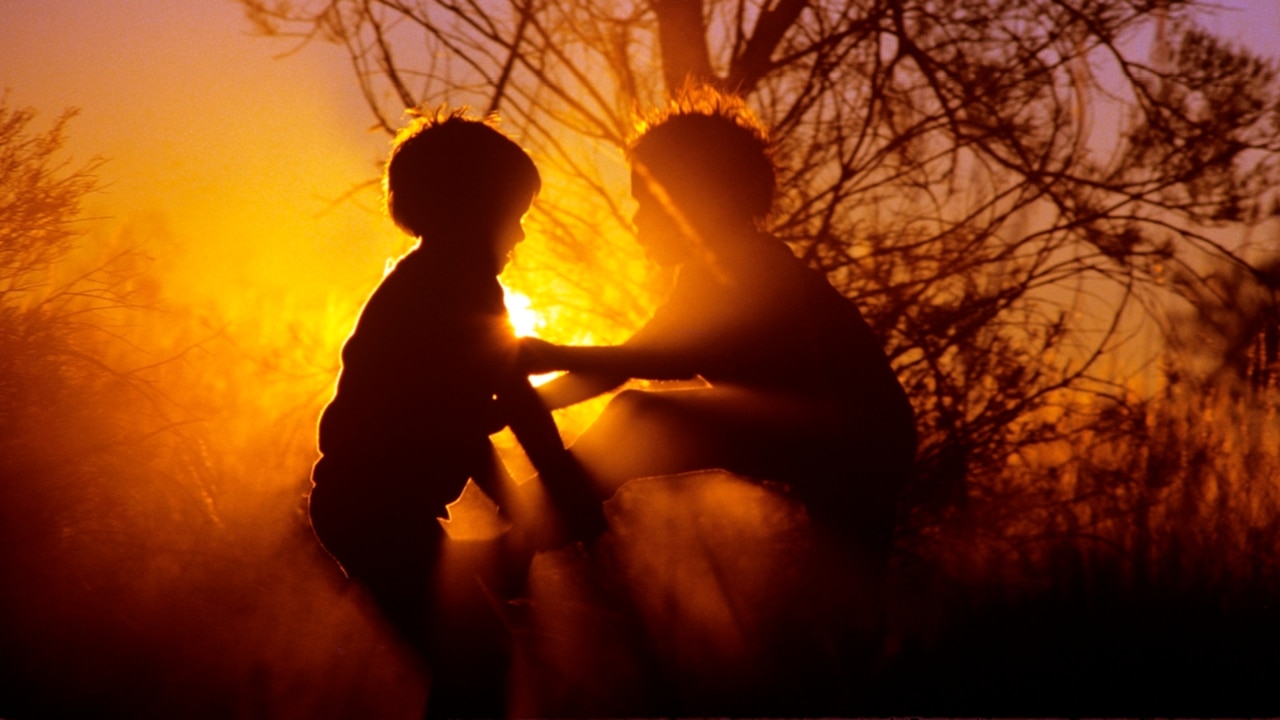
We cannot continue to rely on government services and a never-ending cycle of stop-start policies and programs, ad hoc or non-existent consultation, and crisis-driven responses. We need structural reform that will allow our voices to be heard, and to be valued in the decision-making processes when policies and laws are developed about us.
Political leaders should not fear this type of shift; they should embrace it as a means to a better end.
Second, what do you fear you will lose by voting Yes? By voting Yes, most Australians will not be affected by this change.
It is important to remember the detailed design of the model has always been intended to remain in the remit of the parliament. As the final wording says, the parliament will have the ability to manage the composition, functions, powers and procedures of this body. The parliament will make clear who is speaking, who is listening, and how those who are speaking and those who are listening come together in a new partnership built on mutual respect.
Australians should look past the political posturing and fearmongering that have been on display in Canberra. Instead, look at the practical impact this change will make for Indigenous people such as those living in Milingimbi in eastern Arnhem Land, where I am writing this piece from.
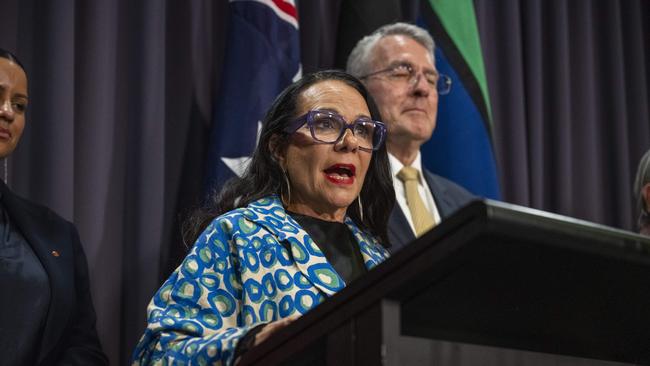
The community here has been working on improving educational outcomes by developing their own solutions informed by local input and led by local leaders. But without the voice structure in place, who is listening?
It is the communities such as Milingimbi that the voice will most benefit.
In the weeks and months ahead, I will be campaigning for all Australians to vote Yes at the referendum. Because in my experience there is no better alternative than empowerment through a voice, and there is nothing to lose and everything to gain by the parliament being better informed when making decisions.
Voting Yes at the referendum means you are voting for a better future, where we come together with a common purpose: to see every Australian prosper and thrive, including our First Australians.
Sean Gordon is chairman of Uphold and Recognise and a member of the Referendum Working Group.


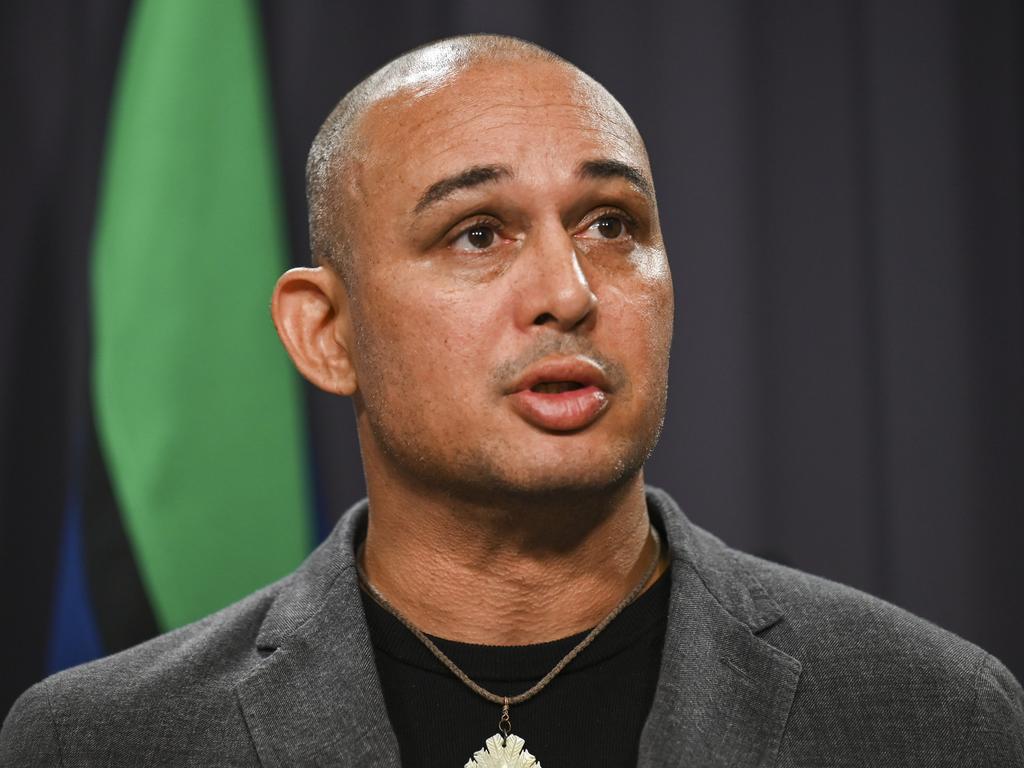

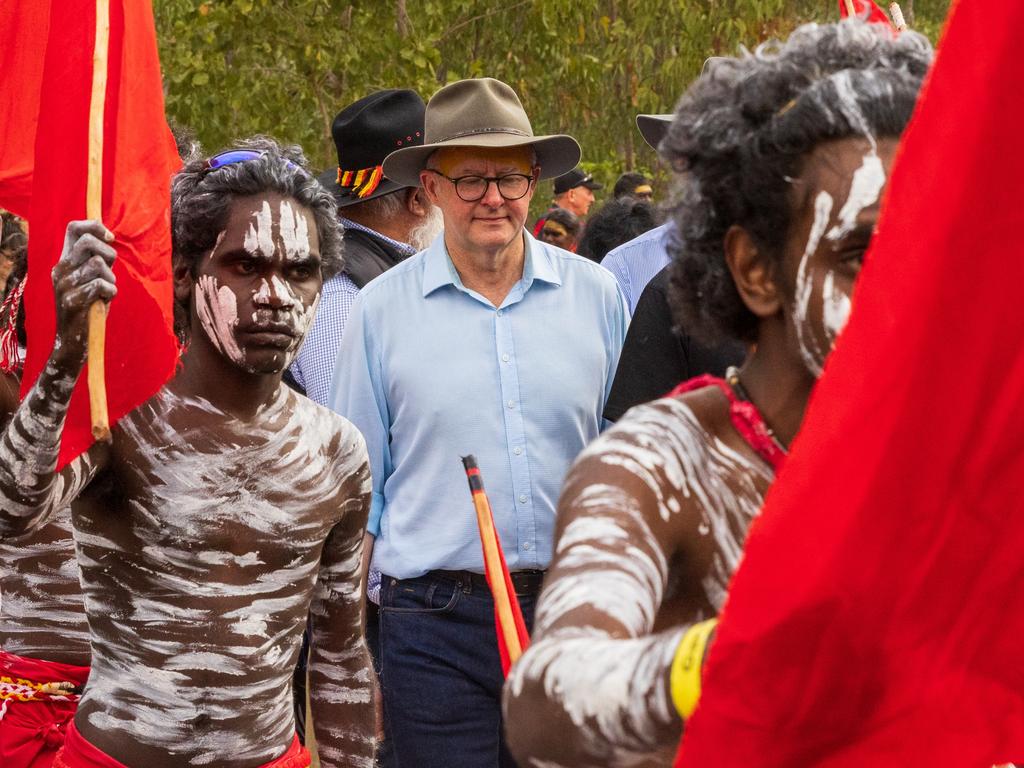


After many years of sustained advocacy for constitutional recognition of Indigenous people, the parliament has now passed the Constitution Alteration (Aboriginal and Torres Strait Islander Voice) Bill that sets out the precise words Australians will vote on at the referendum.